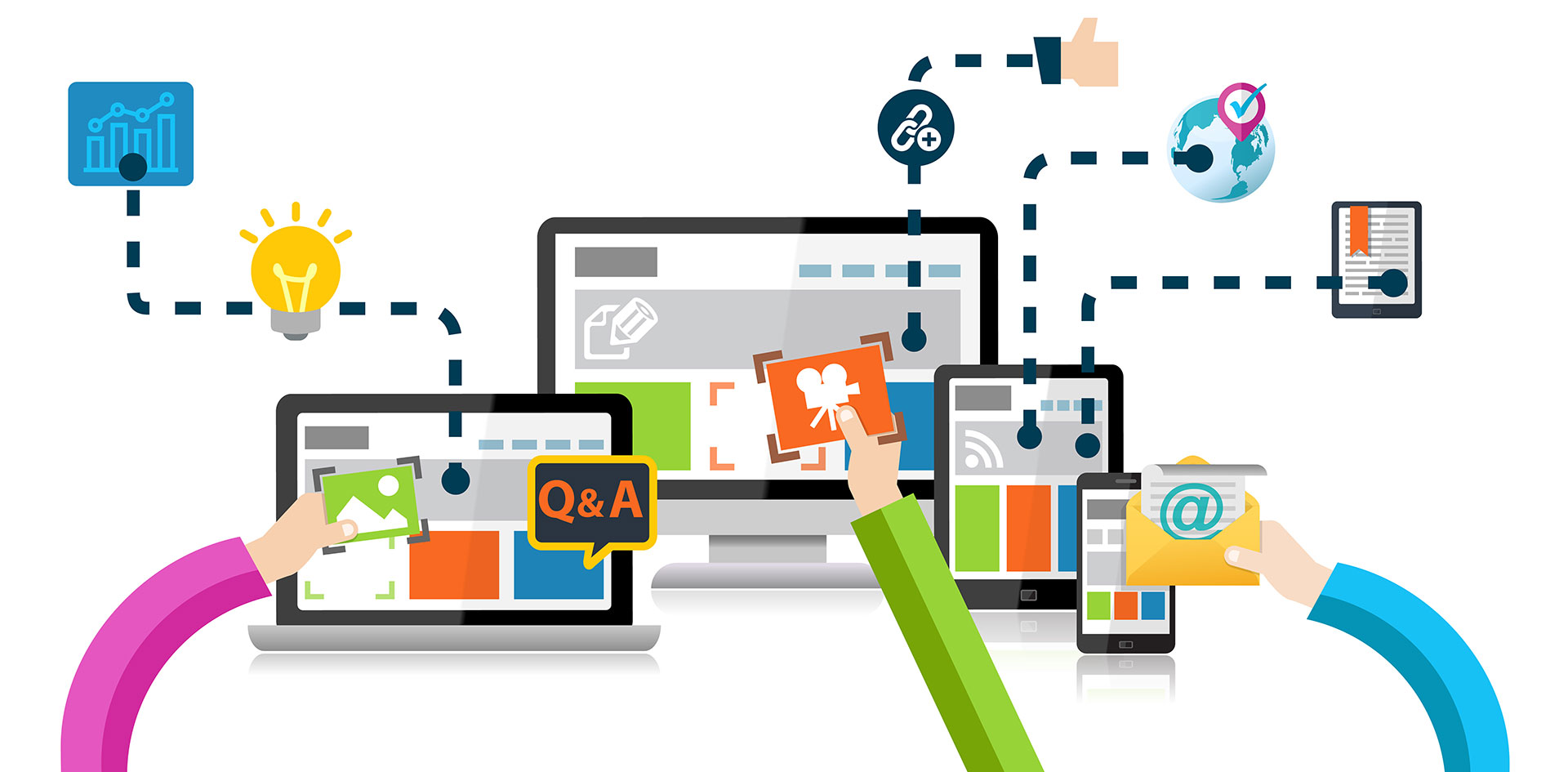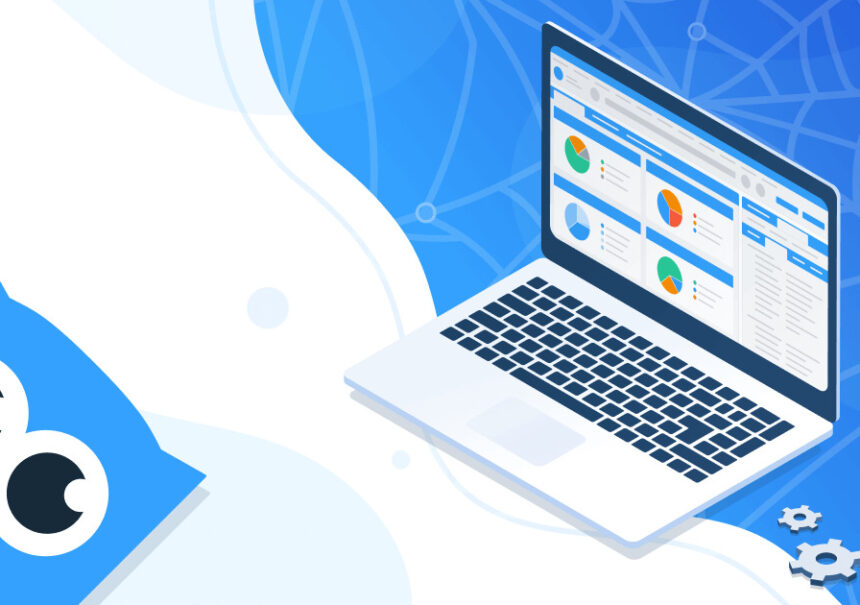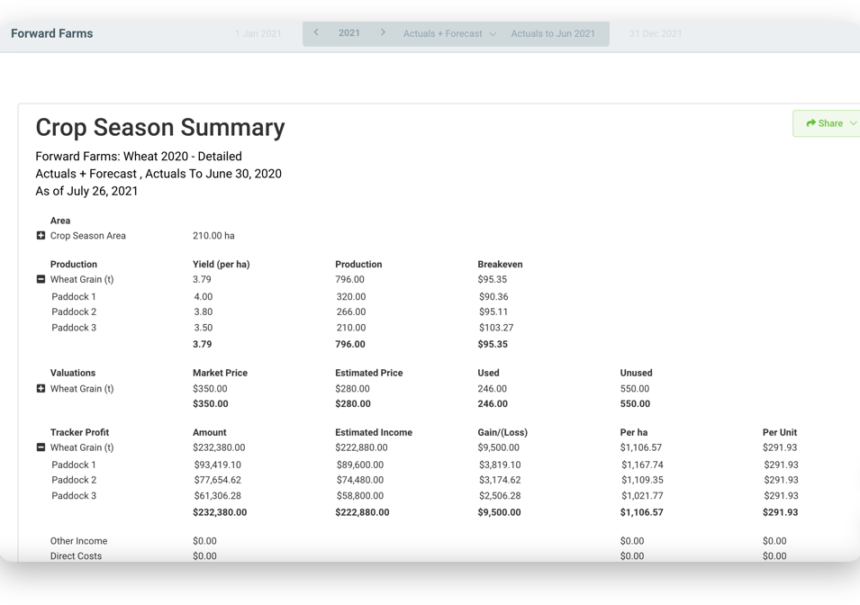In today’s fast-paced digital landscape, the concept of marketing automation has emerged as a game-changer for businesses looking to streamline their campaigns and maximise efficiency. By leveraging the power of automation, companies can reach their target audience with personalised messaging, nurture leads effectively, and analyse campaign performance with precision. In this comprehensive guide, we will delve into the world of professional marketing automation services, exploring its key features, benefits, and the process of implementation. Whether you’re a small business owner or a marketing professional, understanding and harnessing the potential of marketing automation can significantly impact your success in the digital realm.
1. Understanding Marketing Automation
Marketing automation is a technology-driven approach that allows businesses to automate repetitive tasks such as email marketing, social media posting, and ad campaigns. This not only saves time and resources but also enables marketers to deliver more relevant and timely content to their audience. By automating these processes, businesses can nurture leads, qualify prospects, and drive conversions with greater efficiency. One of the key benefits of marketing automation is its ability to deliver personalised experiences at scale. By segmenting their audience based on demographics, behaviour, or engagement level, businesses can tailor their messaging to resonate with specific customer groups. This level of personalisation fosters stronger connections with the audience and increases the likelihood of conversion.
2. Key Features of Marketing Automation Services
Email marketing is a cornerstone of marketing automation, allowing businesses to send targeted, relevant messages to their contacts at the right time. Whether it’s a promotional offer, a newsletter, or a personalised follow-up, email marketing automation makes it possible to engage with leads and customers in a timely and impactful manner. Lead nurturing is another critical aspect of marketing automation, enabling businesses to guide prospects through the buying journey with relevant content and touchpoints. By automating the delivery of educational materials, product information, and incentives, businesses can build trust and credibility with their audience, ultimately driving conversions.
Customer segmentation plays a pivotal role in delivering personalised campaigns. By dividing their audience into distinct segments based on criteria such as demographics, purchase history, or engagement level, businesses can create tailored messaging that resonates with each segment’s unique preferences and needs.
Analytics and reporting are integral components of marketing automation, providing valuable insights into campaign performance and customer behaviour. By tracking key metrics such as open rates, click-through rates, and conversion rates, businesses can refine their strategies and optimise their marketing efforts for maximum impact.

3. Implementing Marketing Automation for Your Business
Integrating marketing automation into existing campaigns involves a strategic approach to ensure a seamless transition and optimal results. First and foremost, businesses should assess their current marketing processes and identify areas that can benefit from automation. This may include lead management, email marketing, or social media engagement.
Selecting the right marketing automation services provider is a crucial decision that can significantly impact the success of your automation efforts. Factors to consider when choosing a provider include the platform’s ease of use, scalability, customer support, and integration capabilities with existing systems.
During the implementation phase, businesses may encounter challenges such as data migration, staff training, or resistance to change. Overcoming these obstacles requires clear communication, education, and a phased approach to gradually introduce automation into the workflow. It’s essential to emphasise the long-term benefits of automation and how it aligns with the company’s growth objectives.
4. Real-life Success Stories with Marketing Automation
To illustrate the tangible impact of marketing automation, we turn to real-life success stories from businesses that have harnessed its potential. From e-commerce companies achieving significant revenue growth through personalised email campaigns to B2B organisations nurturing leads into high-value customers, the benefits of marketing automation are evident across various industries and business models.
By leveraging marketing automation, a regional retailer was able to increase its online sales by 35% through targeted email promotions and abandoned cart reminders. This not only boosted their revenue but also strengthened customer loyalty through personalised engagement.
A software-as-a-service (SaaS) company experienced a 50% increase in lead conversion rates after implementing automated lead nurturing sequences. By delivering relevant content to prospects at each stage of the sales funnel, they were able to accelerate the buying process and drive more qualified leads to sales.
Wrapping Up
The integration of marketing automation into campaigns offers a multitude of benefits, including time savings, personalised customer experiences, and data-driven decision-making. By harnessing the power of automation, businesses can elevate their marketing strategies, drive meaningful engagement, and ultimately achieve greater ROI on their marketing investments. If you’re looking to embark on your automation journey or have any inquiries about our marketing automation services, we’re here to support and guide you every step of the way.




